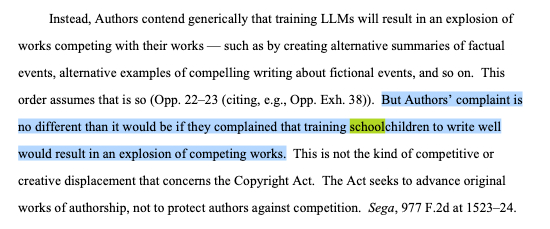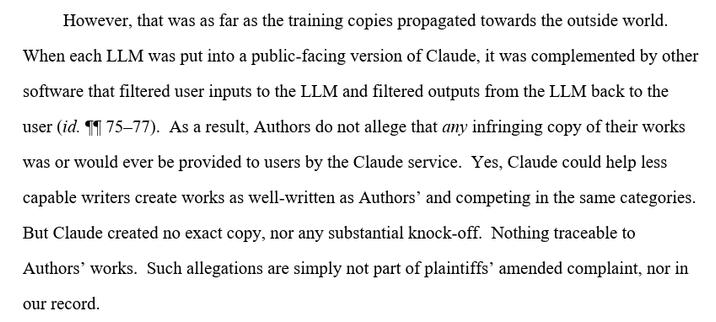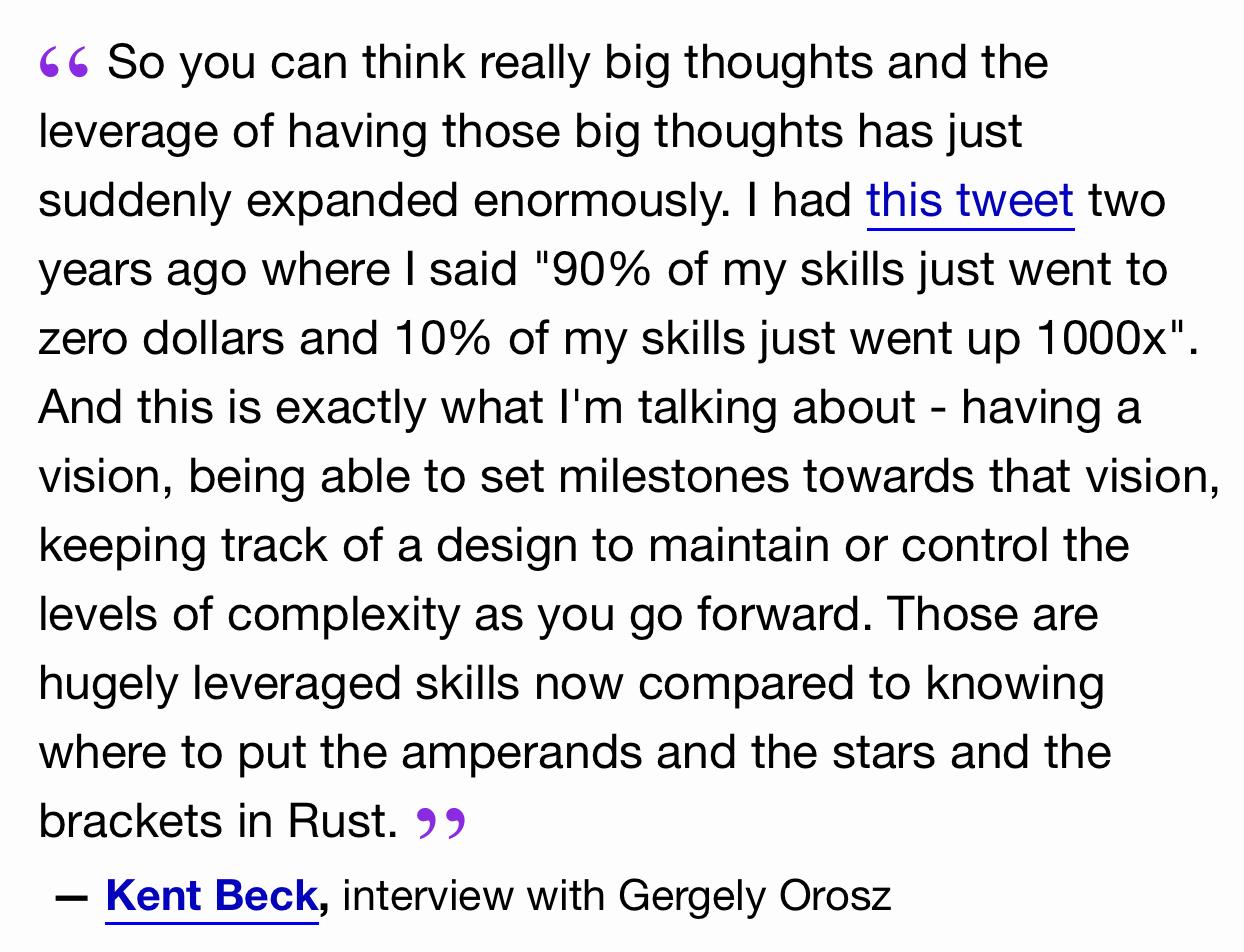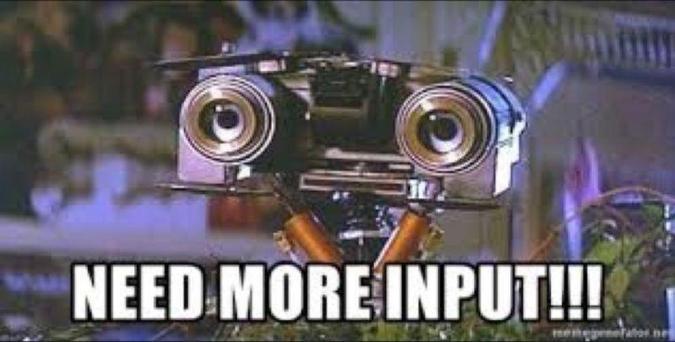I am #DigitalHumanities Coordinator at Max Planck Institute for #LegalHistory and #LegalTheory (#mpilhlt) #Frankfurt
Also collaborator of salamanca.school project of #adwl #Mainz
While I mostly toot about work, I do have hobbies...
#Capoeira #Stratocaster
#LawFedi #Histodons
#NLP #TEIXML #Golang #Python #Elm #XQuery
If you're reading this on bsky, follow @ap.brid.gy so i can see your replies.
| orcid | https://orcid.org/0000-0003-1835-1653 |
| hcommons | https://hcommons.org/members/anwagnerdreas/ |
| pronouns | he/him |




